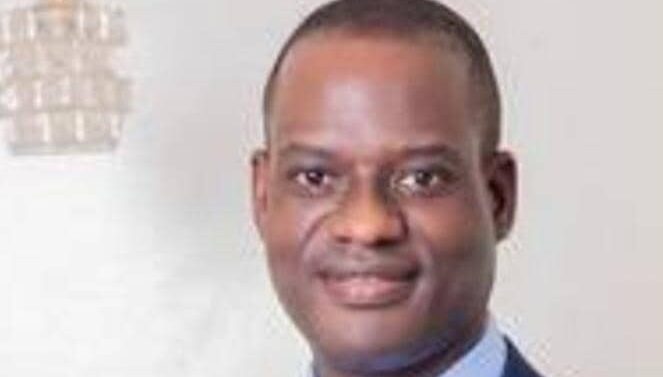The Federal Government on Wednesday clarified that the Tinubu administration’s ongoing tax reforms have not introduced any new taxes.
It argued that the new tax regime, most of which takes effect from January 2026, is meant to ease the economic burden on low to mid-income earners and does not amount to fresh levies.
Chairman of the Presidential Committee on Fiscal Policy and Tax Reforms, Prof. Taiwo Oyedele, made the clarification during a workshop for media practitioners in Abuja on Wednesday.
Oyedele explained that recent tax measures, including the fuel surcharge and other levies, were not new but had existed in previous legislation. Addressing wider claims that the current administration had imposed multiple new taxes, Oyedele challenged critics to provide evidence.
In July, just barely two months after getting into power, he [President Bola Tinubu] issued four executive orders, and those executive orders were suspending taxes. They were introduced toward the later days of the past administration, including excise on plastic, on importation of vehicles.
Many of us are not even aware because this president did not allow those taxes to take effect. They were suspended later. They were removed.
The Tinubu administration, which came into power in May 2023, has sought to overhaul Nigeria’s tax system to broaden the revenue base, reduce reliance on oil, and improve compliance.
Nigeria’s tax-to-GDP ratio, at around 10.8 per cent, remains one of the lowest in the world, well below the African average of 16 per cent and far short of the global benchmark of 30 percent.
Successive governments have struggled with ballooning debt service costs and falling oil receipts, prompting reforms aimed at the digitisation of tax collection, eliminating overlapping taxes, and streamlining revenue agencies.
Follow zeenaija for all your latest news update
NEWS: 5% FUEL SURCHARGE NOT A NEW LAW -FG

Leave a comment
Leave a comment

